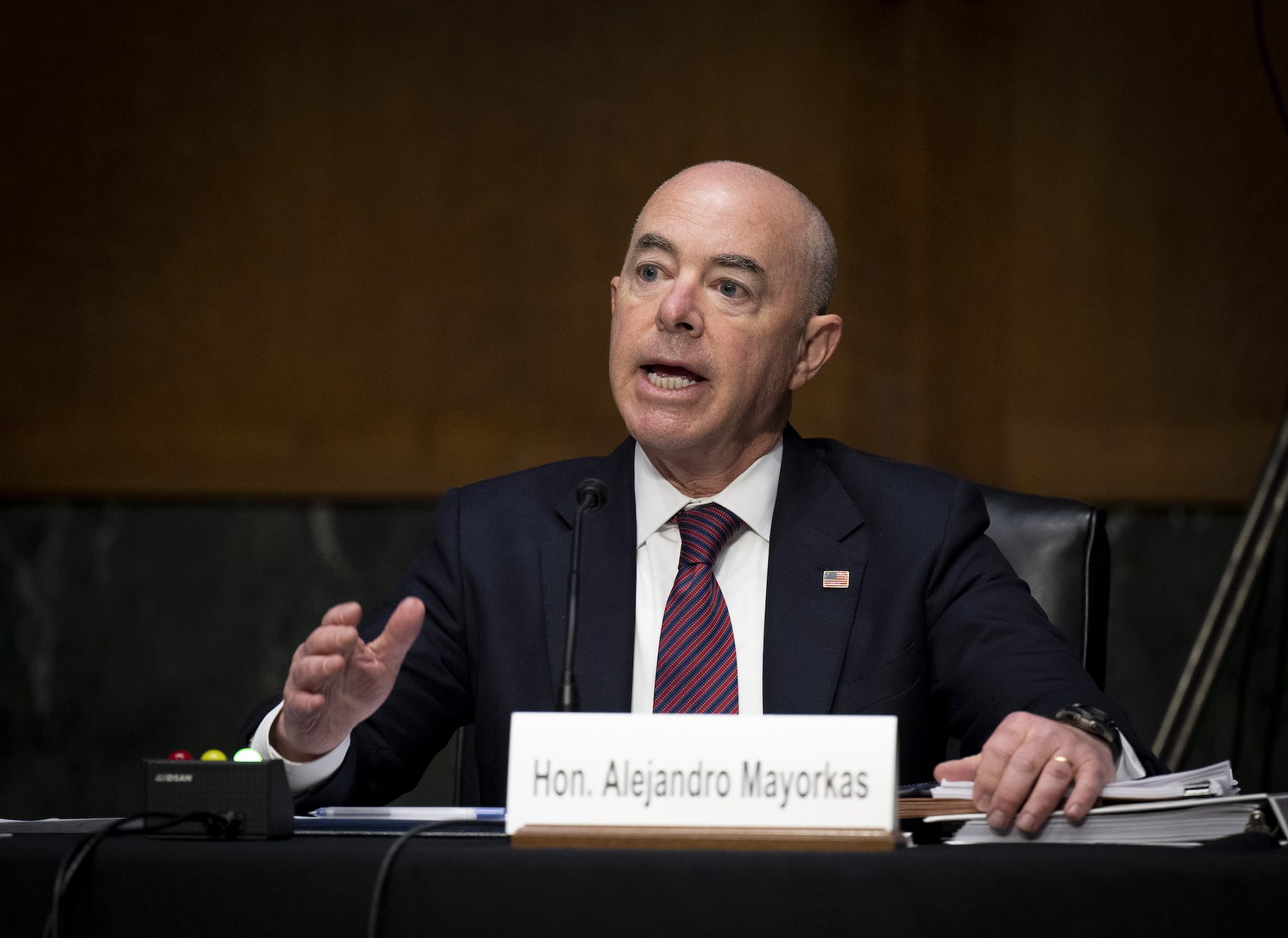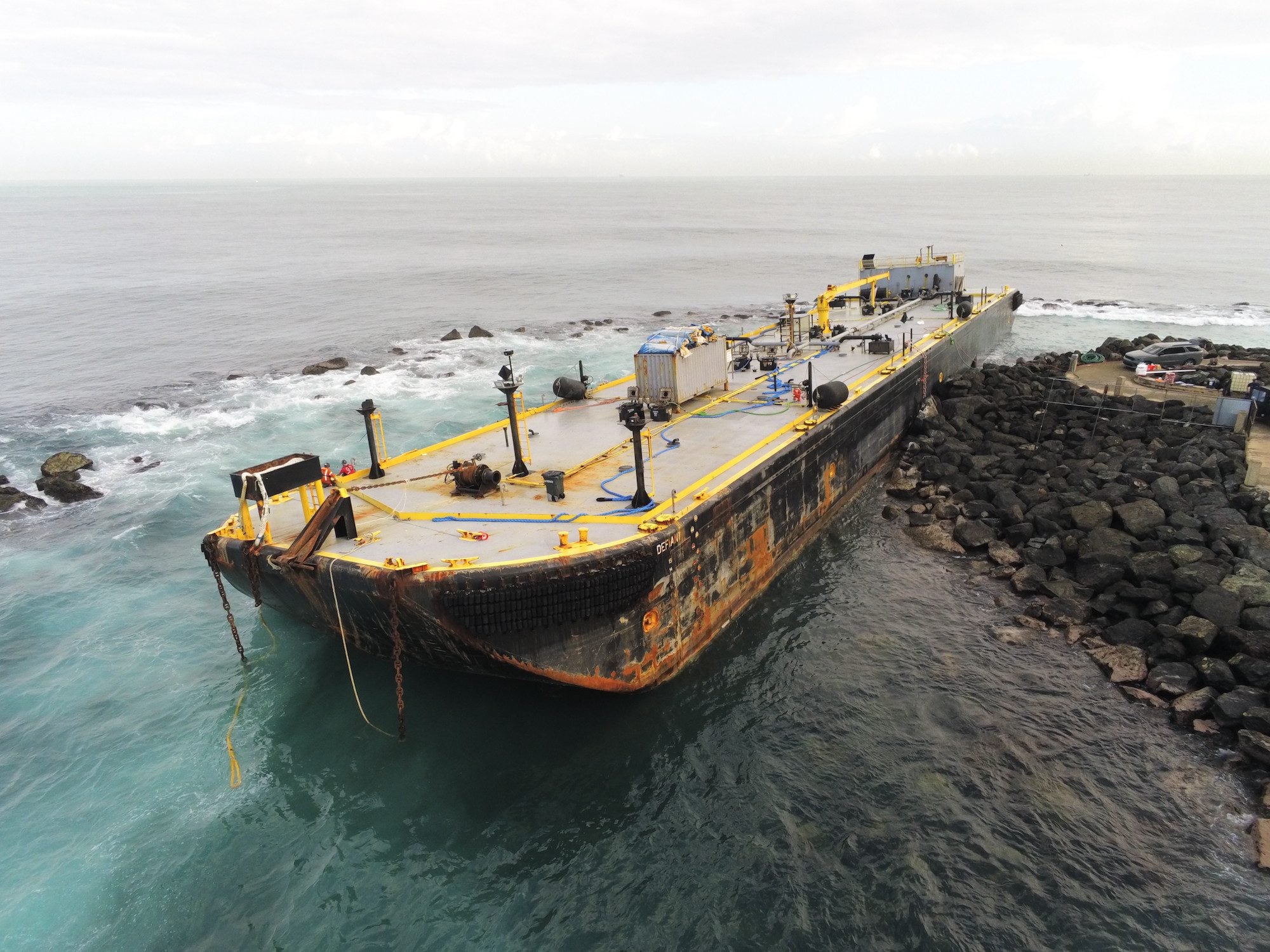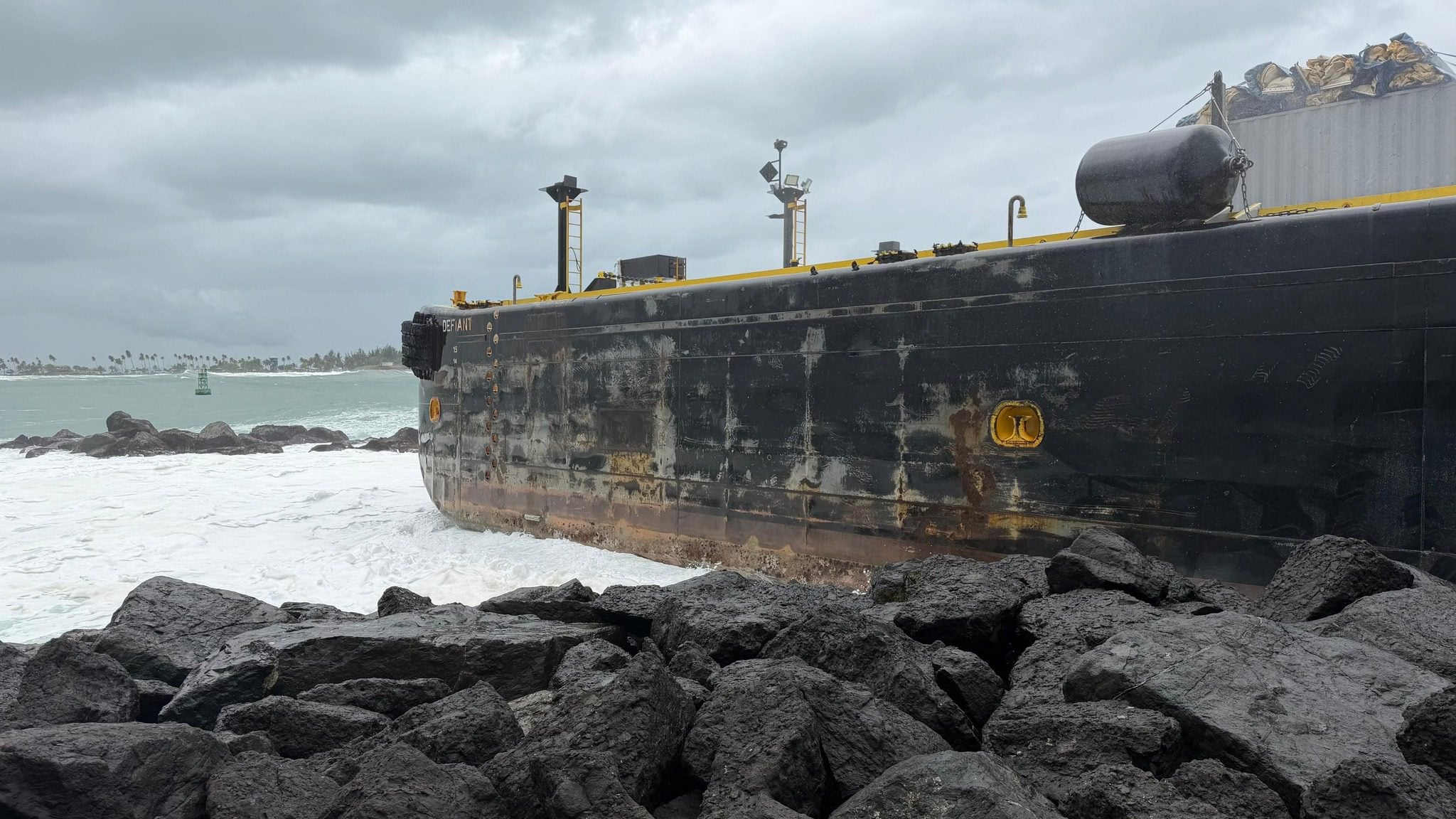A bipartisan group of House lawmakers are demanding answers from the Department of Homeland Security Secretary Alejandro Mayorkas over his decision to waive the Jones Act to allow the delivery of fuel to Puerto Rico on foreign vessels.
The first Jones Act waiver was issued on September 28 and allowed for the delivery of diesel that was sourced from Texas by British Petroleum Products North America and transported on a foreign-flagged tanker.
House Transportation and Infrastructure Committee chair Peter DeFazio, top committee Republican Sam Graves and two other lawmakers expressed “concerns and disappointment” over Secretary Mayorkas’ decision to grant the waiver, which Maritime Administration Secretary Ann Phillips herself described as “novel and problematic” as it was requested retroactively after the cargo had already left the U.S.
MARAD Letter Reveals New Details About Latest Unusual Jones Act Waiver
“We write to express our concerns and disappointment with your recent decision to grant Jones Act waivers for the delivery of fuel to Puerto Rico including to allow the delivery of diesel that was sourced from the mainland United States by British Petroleum Products North America (BPPNA) to Puerto Rico on a foreign vessel on September 28, 2022,” the lawmakers said in a letter to the DHS Secretary and Department of Transportation Secretary Pete Buttigieg. “We concur with the Maritime Administration (MARAD) that consideration of a waiver while a vessel is already underway is ‘novel and problematic’ and would like to better understand the reasoning for your decision to issue a waiver for a company that appeared to be gaming the Jones Act waiver process.”
A second waiver, issued October 16, permitted an energy company called Naturgy, which operates a power plant and LNG receiving terminal on the island, to transship LNG from the Dominican Republic. The LNG cargo originated in the U.S. and was originally shipped to the Dominican Republic on a foreign vessel. Rear Adm. also described that waiver as novel and problematic.
They letter continued by questioning how DHS disregarded waiver requirements.
“Moreover, the question of availability was not intended to be answered in retrospect; the statute is intended to be a prospective evaluation to give U.S.-flag ships the first opportunity to move the goods, without the need to waive the law. We do not understand how the Department of Homeland Security (DHS), either independently or acting through MARAD, made a retroactive determination that no U.S.-flag vessels could have performed the move for which the waiver was granted—and did so on the day the waiver was granted.”
The representatives concluded their letter by requesting written answers on (1) how DHS issued the waiver despite not following requirements, (2) the legal justification for performing a retroactive vessel availability assessment, (3) why the shipment was made when reports indicate the island had adequate fuel supplies, (4) if DHS had considered if the waiver was requested for disaster arbitrage purposes, and (5) why the waiver was needed in the interest of national defense.
Editorial Standards · Corrections · About gCaptain

 Join The Club
Join The Club











